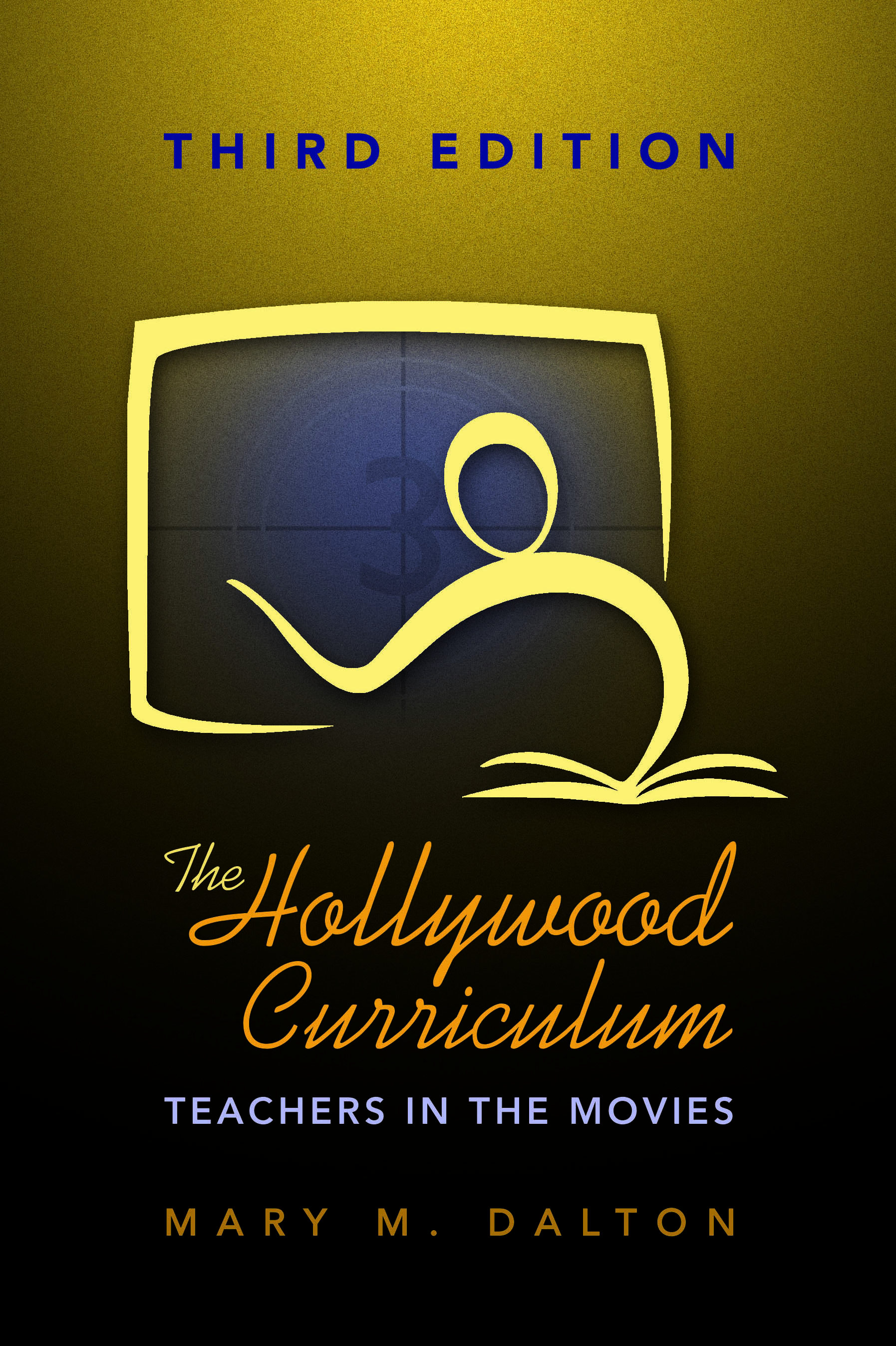A great deal of my scholarly work over the years has been related to representations of educators in popular culture, most notably the book The Hollywood Curriculum: Teachers in the Movies and another book co-authored with Laura R. Linder, Teacher TV: Sixty Years of Teachers on Television.
Now there are two movies on local screens featuring teacher characters, and I think both of them are middle of the road as movies go – Bad Teacher, which stars Cameron Diaz is a pretty standard comedy, and Larry Crowne, with Julia Roberts as the teacher and Tom Hanks as the student slash love interest, is a pretty basic romantic comedy.
Both are pleasant enough summer diversions, but neither one is particularly memorable unless you approach them with my academic interest.
In the process of looking at scores and scores of teacher movies and identifying the characteristics of good teachers and bad teachers as well as implications of race, gender, and social class, I can honestly say that Bad Teacher is highly unusual.
In most teacher movies, the main character is written in such a way that he or she follows a particular Hollywood model I have identified of the good teacher. Basically, the good teacher is an outsider, he or she becomes personally involved with students, learns from the students, and has a tense or even antagonistic relationship with administrators.
Bad teachers are usually focused only on maintaining discipline or achieving certain outcomes such as high test scores.
The interesting thing about Bad Teacher is that while there are some revisionist films in which good teachers cross the line – like in Election and in Half Nelson – this film does something entirely different. It takes a conventional good teacher, a colleague of Diaz’s, and puts her in a situation that compromises her principles so profoundly that a bad teacher, played by Diaz, now seems not quite so bad in comparison.
This has the net effect of diminishing the professionalism of all educators, including the administrators who cannot figure out what’s really happening.
Larry Crowne is more of a romantic comedy than a teacher movie, though it does play on the common storyline of a disheartened or burned out teacher character finding renewed vigor by connecting with a student. Of course, the situation is not usually one in which the teacher finds a romantic connection at the same time with the student in question. After all, there are rules against that sort of thing, and making this love story a major part of the narrative also raises questions about the professionalism of teachers in a more subtle way.
Generally, when impropriety on the part of a teacher is a substantive part of the storyline – like in The Prime of Miss Jean Brodie, for example – then that’s one thing, but when it’s glossed over or explained away by a bad husband at home or presented along with other elements like the teacher’s hope that a particular class won’t make because of the time it’s offered, then it feels just a little awkward to me because it is offered merely in service of the (conventional and, thus, predictable) plot.
Depth and complexity and questioning propriety are fine when part of a thoughtful investigation of characters and institutions. But, less carefully considered instances are potentially problematic because there is a cumulative cultural effect of casual representations in movies and television, and those patterns do affect our perceptions of life outside of the movies.
